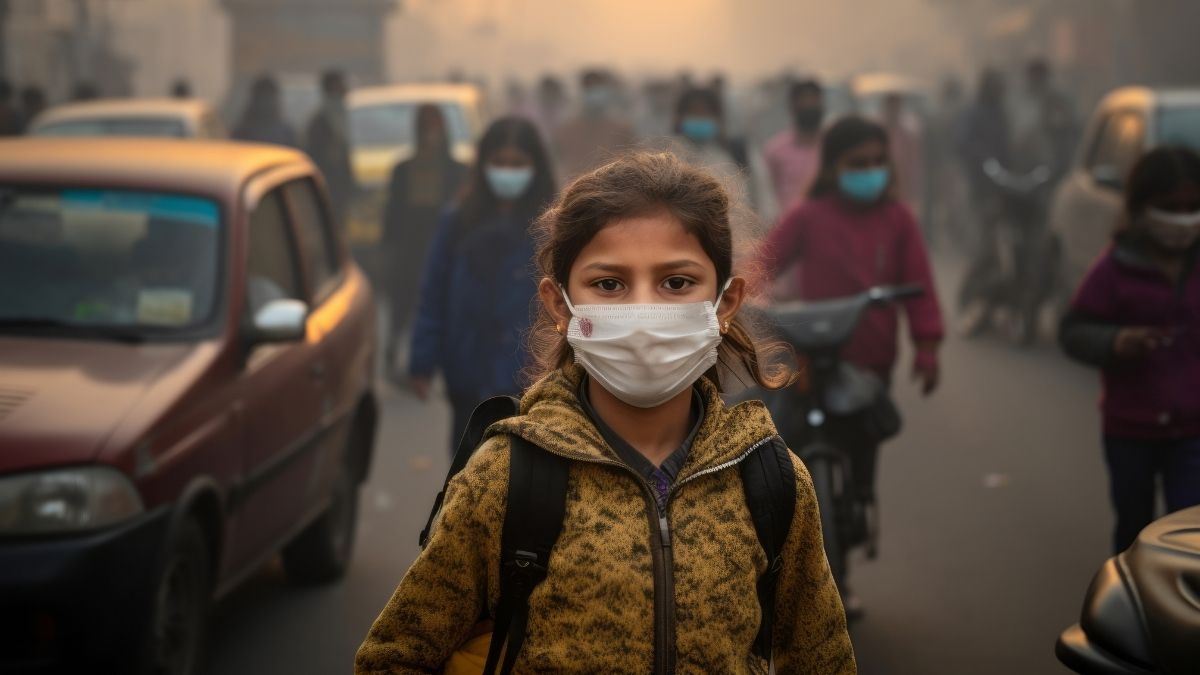
Delhi's Hidden Pollution Crisis: Is Your Blood Affected?
Air pollution in Indian cities, especially Delhi, has evolved from a seasonal nuisance to a severe public health crisis. While many focus on the immediate effects like hazy skies and respiratory issues, the hidden impact on our blood health is alarming. Toxins in the air can lead to anaemia, a condition often overlooked in discussions about pollution.
Dr. Shubhprakash Sanyal, a leading expert in hematology, explains that anaemia creeps up quietly. Unlike other health issues that may present dramatic symptoms, anaemia often leads to slow fatigue and a general sense of weakness. For millions living in polluted urban areas, the air they breathe can be the starting point of this decline.
Air pollution contains harmful microscopic particles like PM2.5 and PM10, along with gases such as carbon monoxide and sulphur dioxide. These pollutants can easily enter the lungs and seep into the bloodstream, causing inflammation and oxidative stress. This process damages red blood cells and affects haemoglobin production, the protein responsible for carrying oxygen throughout the body. When haemoglobin levels drop, individuals may experience tiredness, shortness of breath, and a feeling of mental fog.
Interestingly, many people might not realize that pollution hampers the absorption of essential nutrients that help build healthy blood, including iron, folic acid, and vitamin B12. Even those with a nutritious diet can suffer from low haemoglobin levels if they are constantly exposed to polluted air. This is particularly concerning for pregnant women, as anaemia can increase the risks of extreme fatigue, preterm births, and low birth weight for their babies.
Certain groups are more vulnerable to the effects of air pollution. Individuals living near high-traffic zones or industrial areas are at a higher risk due to their increased oxygen and nutrient needs. For these populations, even slight decreases in haemoglobin can have significant health implications.
While it may not be possible to eliminate pollution entirely, there are ways to mitigate its effects on our health. Awareness and proactive measures are crucial. Protecting your blood health from the impacts of air pollution is not just advisable; it has become essential for survival in today’s urban environment.










